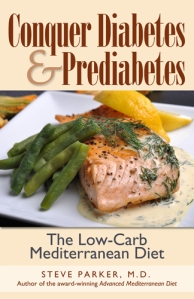
I’ve run across a number of people who slowly increased their alcohol consumption over months or years, not realizing it was causing or would cause problems for them. Alcohol is dangerous, lethal at times.
From a health standpoint, the generally accepted safe levels of consumption are:
- no more than one standard drink per day for women
- no more than two standard drinks per day for men
One drink is 5 ounces of wine, 12 ounces of beer, or 1.5 ounces of 80 proof distilled spirits (e.g., vodka, whiskey, gin).
Dry January was conceived in the UK in 2012 or 2014. (A related concept is Sober October.) The idea is simply to abstain from all alcohol for the month of January. The Alcohol Change UK website can help you git ‘er done. Many folks notice that they sleep better, have more energy, lose weight, and save money. There are other potential benefits.
If you think you may have an unhealthy relationship with alcohol, check your CAGE score. It’s quick and easy.
Alternatively, if you make a commitment to a Dry January but can’t do it, you may well have a problem.








